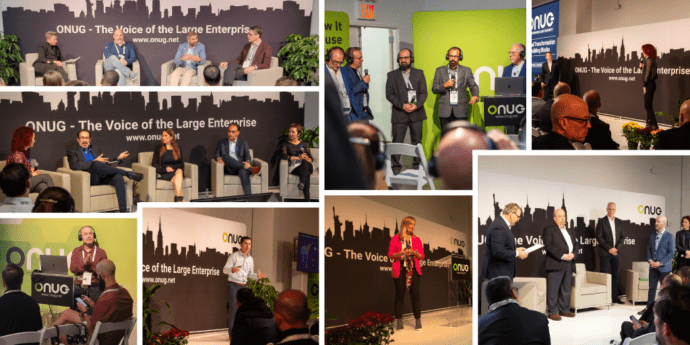
What is Multi-Cloud
You might have heard that multi-cloud is the future of IT. It would be more accurate to say it’s the present of IT. More than 80 percent of enterprises already have a multi-cloud strategy.
But what is multi-cloud, exactly? As the name suggests, multi-cloud is an IT approach in which an organization uses multiple cloud services from more than one provider.
Hybrid cloud versus multi-cloud
Hybrid cloud and multi-cloud might sound like the same thing, but there is one crucial difference.
With hybrid cloud, an organization uses a combination of public cloud, private cloud and on-premises services to achieve its goals. With multi-cloud, a team uses multiple cloud services from more than one provider.
These approaches coexist nicely. For example, a team that uses a private cloud solution, an on-premises server and three different public cloud solutions would have an IT strategy that is both multi-cloud and hybrid cloud.
Why containers are so important for multi-cloud
One of the challenges of a multi-cloud approach is that different cloud solutions run in different software environments. Organizations want to build applications that can easily move across a wide range of these environments without creating integration difficulties.
Containers are the ideal answer because they isolate software from the underlying environment. This empowers developers to build applications that will deploy essentially anywhere.
Most businesses are turning primarily to open source solutions to manage and deploy these containerized applications. In particular, Kubernetes has emerged as the dominant platform for container orchestration.
Three reasons you might need multi-cloud management
While open source will get you a long way, there are still unresolved issues at the enterprise level. Here are three examples:
- Visibility. With so many clusters running on so many environments, organizations aren’t getting enough visibility into their containerized applications. What exactly is running where? It’s difficult to know.
- Governance. Managing governance with Kubernetes clusters can be a challenge. Businesses are looking for a way to set consistent security policies across all environments. There is the additional challenge of managing configurations and placing workloads appropriately based on compliance or capability. This isn’t something open source currently addresses.
- Automation. While Kubernetes has some great automation functions, businesses still lack crucial capabilities, such as backing up applications, having options for managing disaster recovery or easily moving workloads across environments.
Find how to gain an intelligent approach to multicloud management.
Learn how to address your most pressing hybrid, multi-cloud management challenges and manage the realities of multi-cloud by visiting the IBM Cloud Pak for Multicloud Management website.



